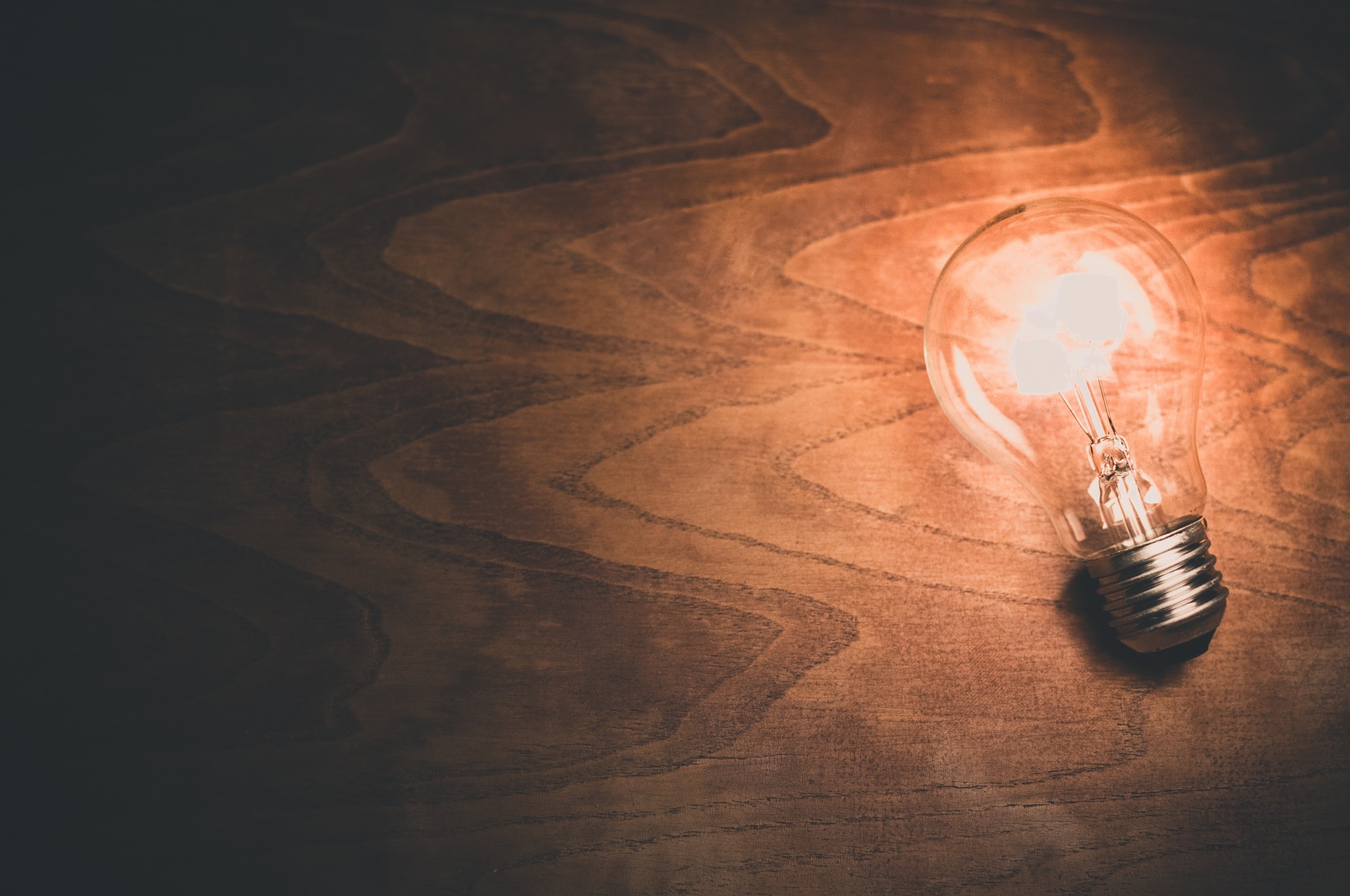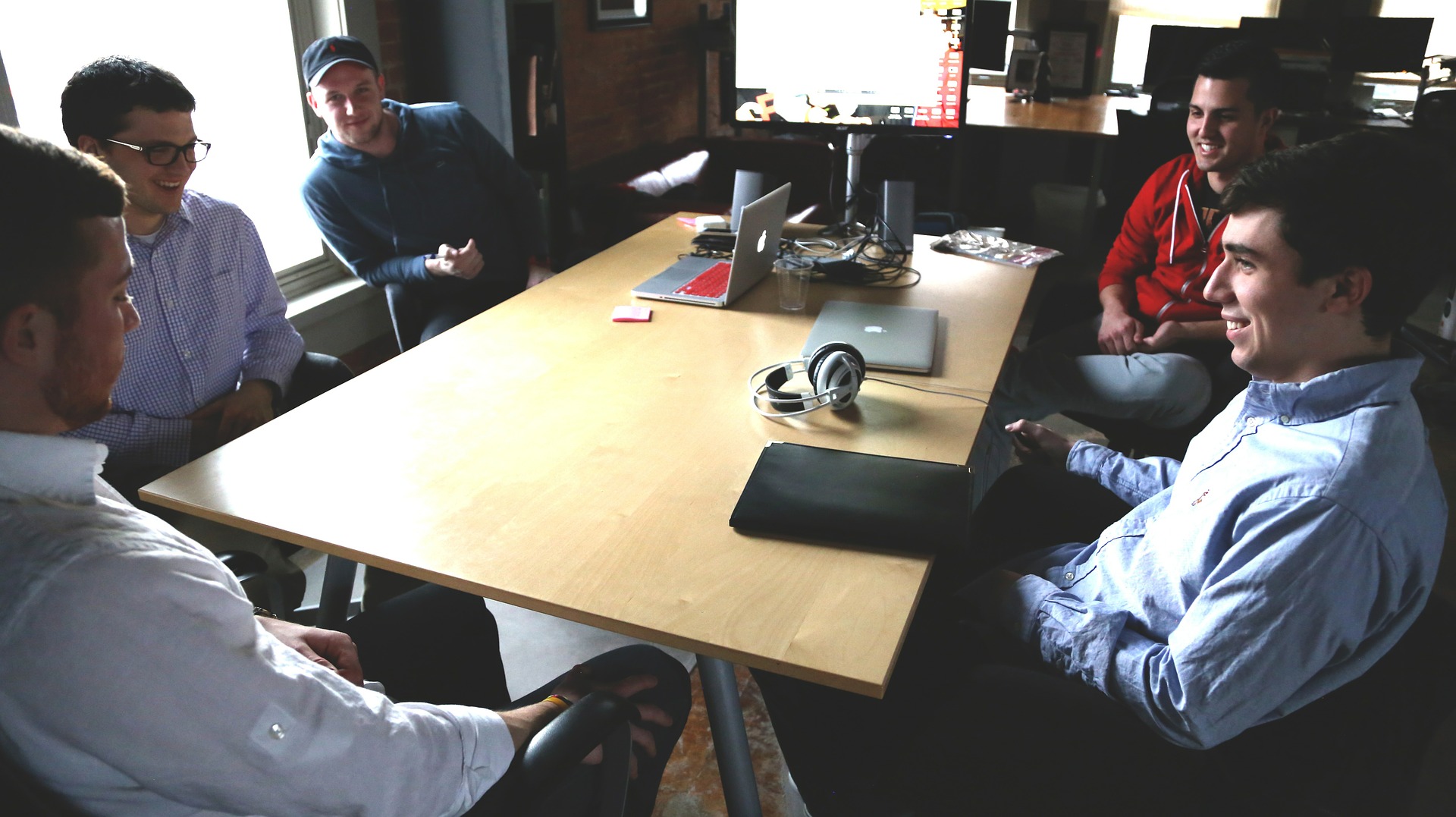




Original works of authorship, such as poems, novels, musical compositions or other written or artistic pieces and even websites, may be copyrighted by their creators. A piece that is copyrighted provides certain rights to the owner of the copyright including the right to reproduce the work, the right to create derivatives of the work and the right to publicly perform the work.
The principles of copyrighting seem straightforward. However, each year numerous lawsuits are brought in the United States federal courts claiming copyright infringement. So, what went wrong and why are people confused about the ownership and appropriate use of copyrighted material?
Misconception #1: I Found it on the Internet, So I Can Use It: Not necessarily and in fact not usually. While this is admittedly a developing area of the law, it is prudent to assume that the information that you find on most websites is copyrighted. You may not take graphics, pictures or written material from a website unless the website clearly states that the information is in the public domain or you have permission from the owner of that material.
Misconception #2: It Doesn’t Have a Copyright Notice on It, So I Can Use It. The Berne copyright convention extends copyright protections to almost everything that has been created privately since 1989 and that is an original work. Of course, many works created prior to 1989 are also copyrighted. There is no requirement that a work with legal copyright protection provide any kind of notice on it that it has been copyrighted. Instead, it is prudent to assume that all written and artistic works are copyrighted unless you have proof otherwise.
Misconception #3: I’m Engaging in Fair Use, So I can Use It. This statement is true if you are in fact engaging in fair use as that term is defined by copyright law. The Copyright Act of 1976 allows for some copying and distribution of copyrighted work without the permission of the copyright owner. A court that is considering whether a specific use of copyrighted material was fair use will consider the purpose and character of the use, the extent of the material that was used and, the effect of the use on the potential market for the copyrighted material or whether the copyright holder was financially harmed by the use. So, for example, quoting a few sentences from a copyrighted book and properly citing where those sentences came from in your magazine book review is likely to be considered fair use. However, copying an entire poem into your magazine without a critique, comparison or other purpose for your use is not likely to be considered fair use.
Misconception #4: My Work is Only Based on Another Work, So I Can Use It. United States copyright is clear on this topic. Copyright protection prohibits anyone other than the copyright holder (or those whom the copyright holder explicitly allows) to create a work based on the copyrighted material. So, no matter how good you think your plot for the sequel to your favorite novel may be, you are not permitted to write and distribute that sequel without the knowledge and express assignment of rights from the copyright owner.
Misconception #5: The Copyright Owner Didn’t Object in the Past, So I Can Use It. Copyright law is not a use it or lose it kind of thing. A copyright owner is free to allow one violator to proceed with a violation and to sue another violator for copyright infringement. Doing so does not weaken the copyright owner’s rights to his or her copyrighted work, nor does it permit someone else to violate copyright law based on the theory that it has already been done.
Misconception #6: The Work was Copyrighted but Never Published, So I Can Use It. There is no requirement that copyrighted work be published. That fact that a work is unpublished does not diminish its copyright protection. Therefore, it is prudent to assume that all works, published and unpublished, are protected by copyright law and are not in the public domain.
Misconception #7: I Am Performing the Work at a Community or Educational Gathering, So I Can Use It. Again, the answer is no. Copyright law explicitly prohibits the public performance of a copyrighted work. That means that the work many not be performed outside of your regular group of friends and family unless you have explicit permission from the copyright owners. There is no exception for community or educational performances, although the fact that you want to perform the work in such a setting may, depending on the nature of the work and the attitude of the copyright owner, make you more likely to gain the copyright owner’s explicit permission.
It is important to both the copyright owner and the potential copyright violator that these misconceptions be clarified. If all parties understand their rights and obligations then copyright infringements and violations can be avoided. Therefore, it is important for everyone to understand exactly what a copyright protects and how copyrighted works can be properly used by people other than the copyright owner.
